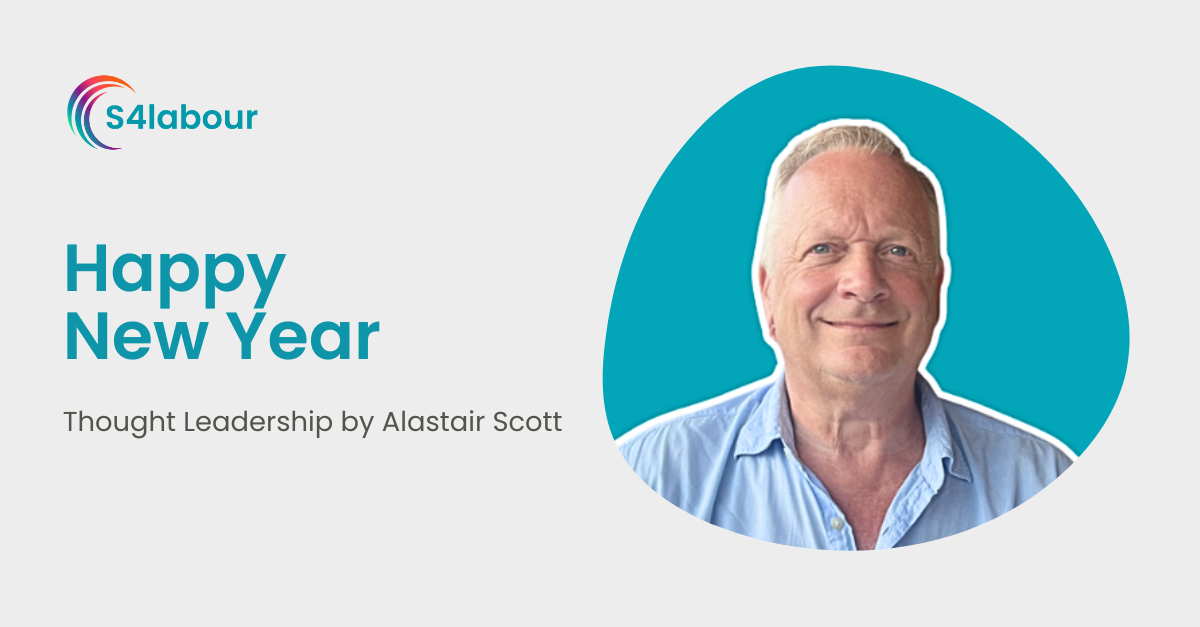The planned increase to minimum wage has made a substantial change to the differentials between young people. From April next year, over 21s will see a minimum wage of £11.44, whilst under-18s will receive £6.40.
There is a solid argument against paying under 18s only 55% of the new minimum wage for adults. Many of them are better than that, which poses the question – is this age discrimination at a government level? Here in lies the rub. While a lot of under-18s deserve a higher rate, there is often a high chance that as employees, they will not work out for the following reasons:
For many under-18s, working in hospitality will be their first real job. We must teach them the basic disciplines of work: turning up, preferably on-time; looking smart every day; smiling, and not just to friends; going to work with a hangover and not hiding in corners; being polite to colleagues; talking to old people; working as a team; accepting proper discipline; listening to instructions and not repeating the same mistake – the list goes on.
A number of young people fail on any of these measures, and some, sadly fail on all. The churn of under 18s is therefore considerably higher than for those on their second, or probably third job. The training to help them through some of these barriers is also considerably higher.
The hospitality industry has always been a good training ground for the rest of British industry, teaching the skills that mean those people are better able to hold down and excel at jobs in the future. A job working in a pub means that person has already developed a work ethic, which is a positive sign on a CV.
The real risk is that if this differential gets eroded, the cost of employing experienced hands may seem more appealing, and so the incentive to employ these first jobbers starts to disappear.
But what is the right number? The argument we should accept is not a theoretical one, but a practical one. Are these young people getting the chance to start work? The answer is no!
Less than 5% of the 25-plus age group are unemployed, whereas after a brief dip to under 10%, the unemployment rate for under-24s is now climbing sharply and currently sits at 12.7%. Anything over 15% and I suspect the government will feel grave concern, but it looks like we are heading that way pretty fast.
Having read the summary of the low pay commission report, it looks to me as though it takes a massive amount of time to pull together, which means it is likely they will not have reacted enough to the stats which changed sharply between April and July this year.
To layer on further challenges, we also pay our teams tips. Where these tips are through a company, hopefully the low pay commission have taken them into account. But, where they are not, they will not be in the report. This means that young people are certainly earning more than the government are recording.
My hope in all of this is that wage rates for young people are set at a point. As an industry, we want to employ young people and continue our vital role in helping them start their careers. I am proud of those who have grown through my own pubs – having watched some join as teenagers, gone through a successful university career, and ended up with great jobs. I would really like that to continue.


